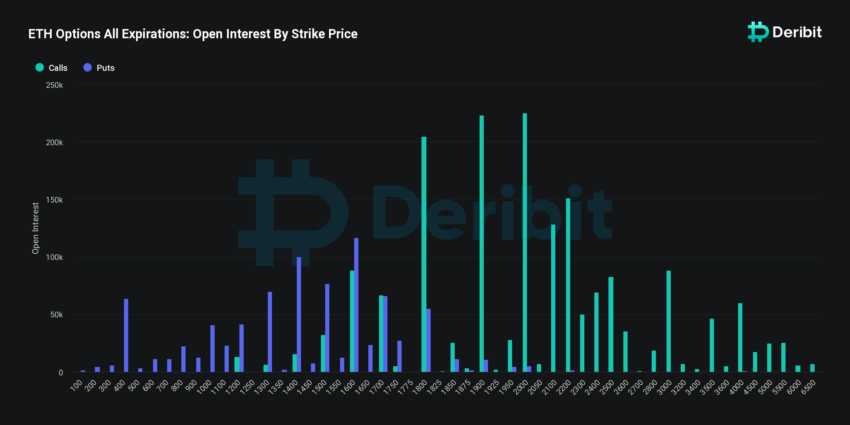Background and overview:
Along with the growing fascination with non-fungible tokens (“NFTs”), there is growing concern about the legal liability for the activities associated with NFTs. It is therefore important for buyers and artists to ascertain the potential legal liability and the relevant intellectual property (“IP”) rights. In addition, it is also crucial for the NFT marketplace to determine the remedies available to the IP rights holders and the liability regime applicable to an NFT marketplace for infringing content.
Potential legal obligations to the NFT marketplaces:
Sections 30 to 34 of the Copyright Ordinance (Cap. 528) set out liability for secondary infringement. A person may commit secondary infringement if he or she imports or exports the infringing copy; possess or trade in infringing copy; provides the means to make infringing copies; permits the use of premises for infringing performance; supplies devices to violate the performance.
Therefore, if NFTs infringe the copyrighted works of others, the NFT marketplaces may also incur secondary liabilities. To shield themselves from the potential legal liability of the infringing works, they may require robust representations that the person imprinting an NFT has all the necessary rights.
They should also impose effective measures to prevent IP infringement, including, but not limited to, an effective review mechanism for the digital works before allowing users to upload and remove any infringing digital works in a timely manner if any infringements are detected.
In April 2022, the Hangzhou Internet Court issued a verdict for the first NFT copyright infringement case between Shenzhen Qicediechu Culture and Creative Co., Ltd. (“the plaintiff”) and Hangzhou Yuanzhou Technology Co., Ltd, which operates an NFT digital art trading platform. called Bigverse (the “NFT Platform”), (Case No.: (2022) Zhe 0192 Min Chu 1008), and provides an in-depth analysis of copyright infringement.
In this case, the plaintiff alleged that a user of the NFT platform used an image of the “I am not a Fat Tiger” cartoon image created by him without authorization and sold it to another user, thereby infringing the copyright. The plaintiff did not sue the NFT creator, but the NFT platform.
First, according to Article 1195 of the Civil Code, where a web user commits a tortious act by using the network service, the right holder has the right to notify the network service provider to take necessary measures such as deletion, blocking or disconnection. After receiving the notification, the network provider must forward the notification to the relevant network user in a timely manner and take the necessary measures based on the preliminary evidence that establishes the cause of the damage and the type of service complained about. If it fails to take the necessary measures in time, it shall assume joint and several liability for the aggravated part of the damage with the online user.
Secondly, according to Article 1197 of the Civil Code, an internet provider who knows or should have known that the user has violated the rights and interests of others, but fails to take the necessary measures, shall take joint and several liability with such an internet user.
Despite the fact that the NFT platform has already taken down the affected symbols, the court still held that there must be a set of IP review mechanisms to conduct preliminary copyright review, and it had failed to perform due diligence in examining before it allowed infringing work to be placed on the platform, and is therefore liable for contributory infringement.
Copyright law in China and Hong Kong is different, but this case illustrates that if online service providers do not take reasonable steps to prevent infringement, and limit or stop infringement as soon as they receive complaints, there is potential liability.
Notice and removed politics in Hong Kong
The discussion of the intermediary liability of online service providers (“OSPs”) emerged in 2011 and the Government introduced the Copyright (Amendment) Bill 2011 to the Legislative Council, seeking to introduce new sections 88A to 88I to provide a statutory regime to limit OSP’s liability for copyright infringement that occurs on its online platforms. However, in light of the heated debate and controversies, the bill was not continued.
Later in 2014, the government introduced the Copyright (Amendment) Bill 2014, again proposing a set of “safe harbor” provisions so that OSPs are only subject to limited liability for copyright infringement on their platforms. Yet the second attempt to change copyright law ended miserably due to political infighting and filibustering. The changes have since been shelved. For now, the copyright regime in Hong Kong is seriously lagging and is almost a decade behind international developments.
Fortunately, the Government recently introduced the Copyright (Amendment) Bill 2022 (the “Bill”), with the aim of strengthening copyright protection in the digital environment and bringing the copyright regime closer to international norms.
The bill again proposes the introduction of “safe harbor” provisions to provide incentives for online service providers to cooperate with copyright owners to combat online piracy and to provide reasonable protection for their actions.
The new section 88B sets out the conditions for limiting OSPers’ pecuniary liability in relation to copyright infringement that occurs on their service platforms.
If the online service providers have taken reasonable steps to limit or stop the infringement as soon as practicable and have complied with ethical guidelines under section 88J of the Bill after being notified of the alleged infringement, it will be treated as having taken reasonable steps to limit or stop the breach and may qualify for the limitation of liability.
Similar safe harbor provisions are also prescribed in the copyright laws of several jurisdictions such as Australia, Singapore, the United Kingdom and the United States to encourage OSPs to take reasonable measures to limit infringing activities on their service platforms.
If the bill is passed, it is expected that the safe habobur provisions will provide more clarity on the obligations of online service providers, and encourage them to develop mechanisms to combat copyright infringement without imposing unreasonable liability.
Difficulties with the lawsuit for infringement:
Although the IP owner can theoretically sue for infringement of their IP rights, there are still some practical difficulties for them to sue for infringement.
The first difficulty is how to find the offender. Since most NFT creators are behind the scenes, it is difficult to identify their identity. Therefore, it is not easy to determine responsibility.
The second problem is the conflict of laws problem. Due to the anonymity or pseudonymity of blockchain and the lack of conflict of law provisions, it is challenging for the local court to determine where a lawsuit will be filed and what the applicable law will be.
Conclusion:
NFTs may infringe the copyrighted works of others. There is also the possibility that the NFT marketplace may bear legal liability, they should be aware of the legal risks they are exposed to. It is also hoped that the Copyright (Amendment) Bill 2022 to be passed will provide more clarity on the obligations of online service providers without imposing unreasonable responsibilities.
























